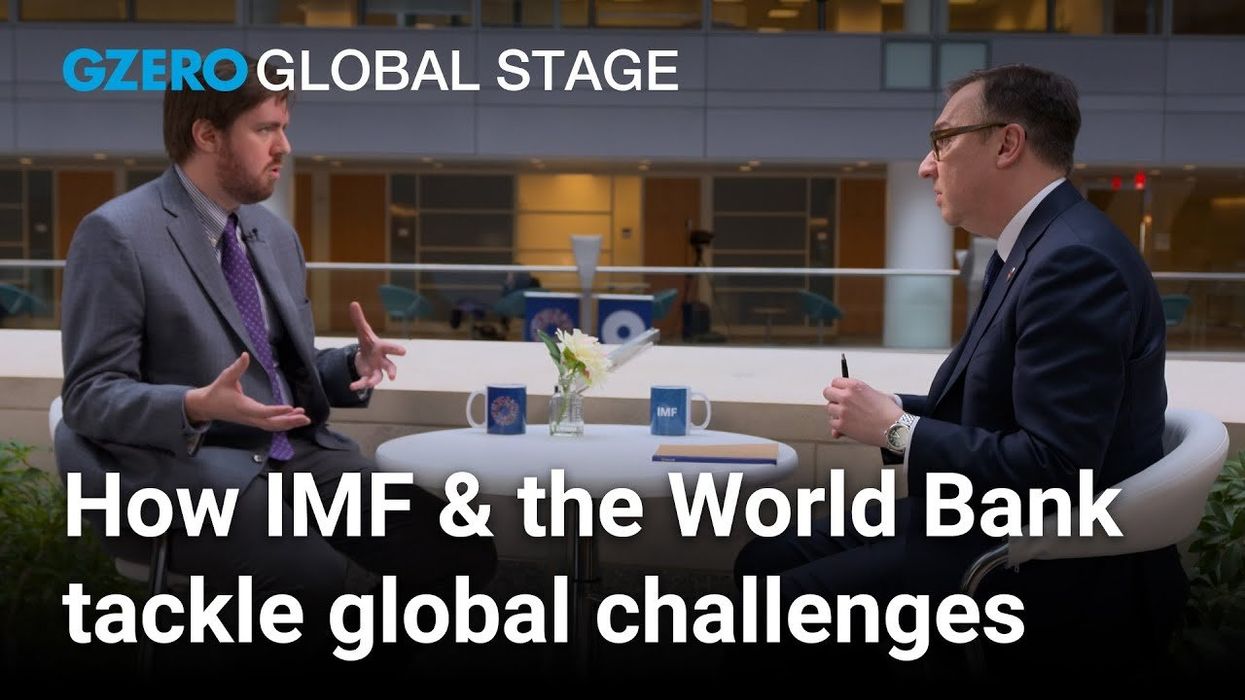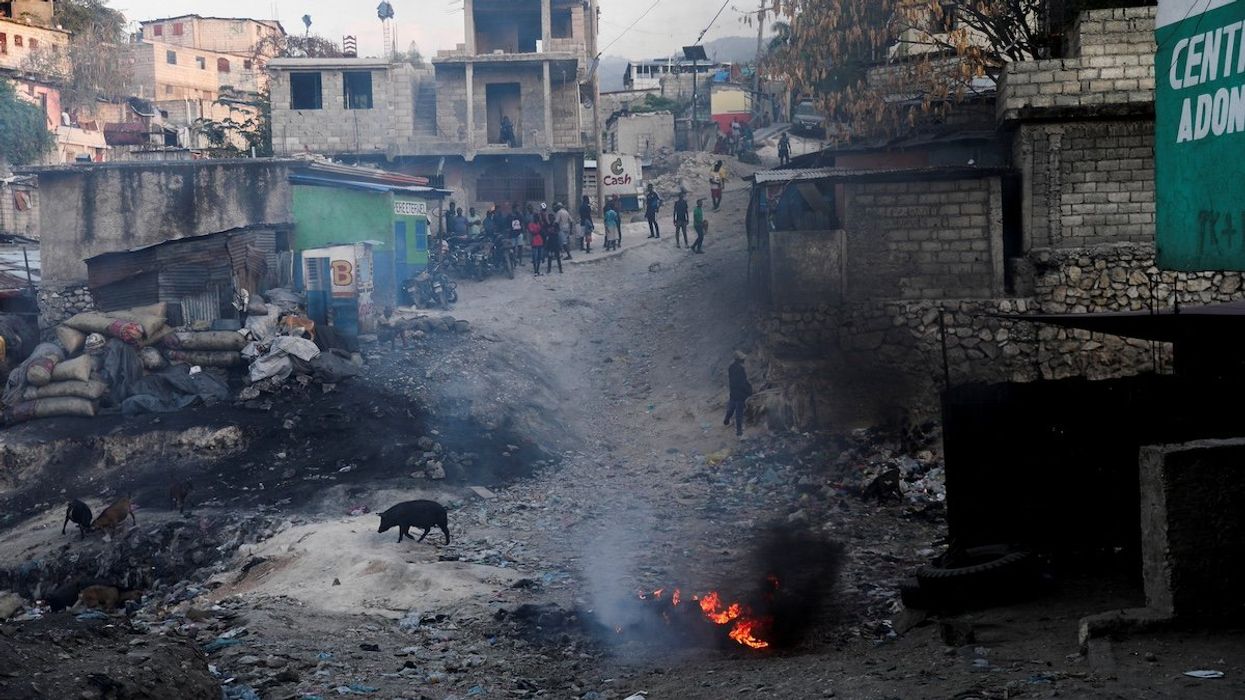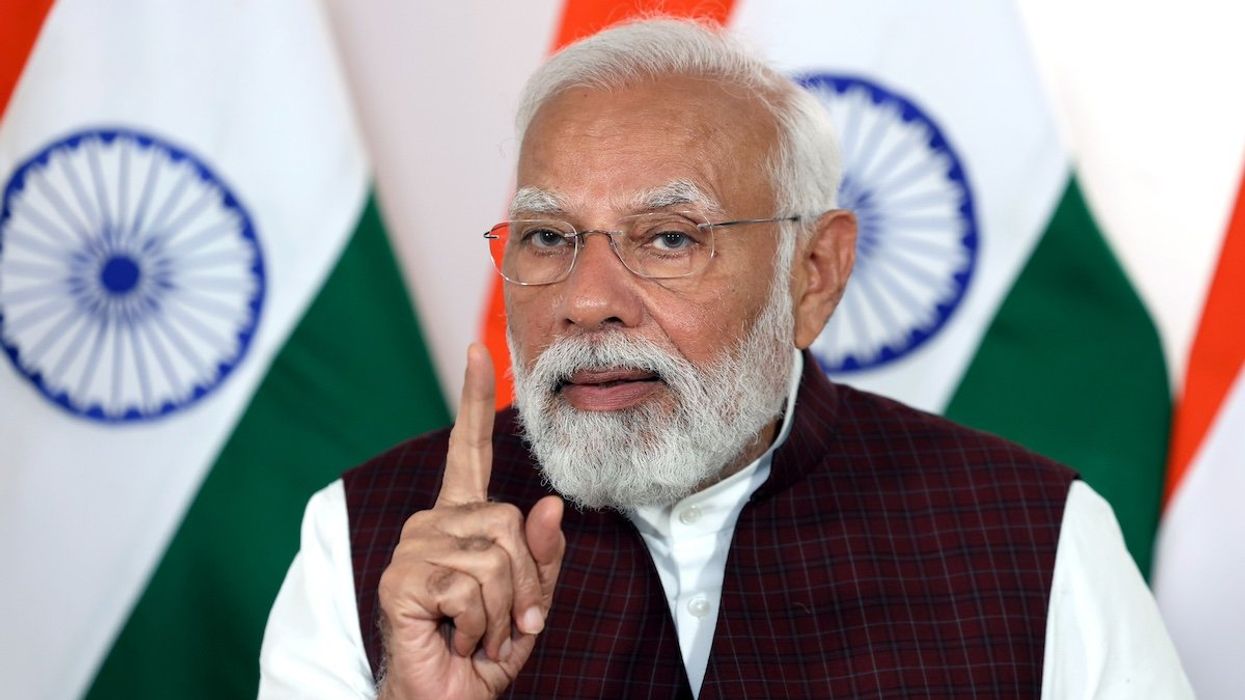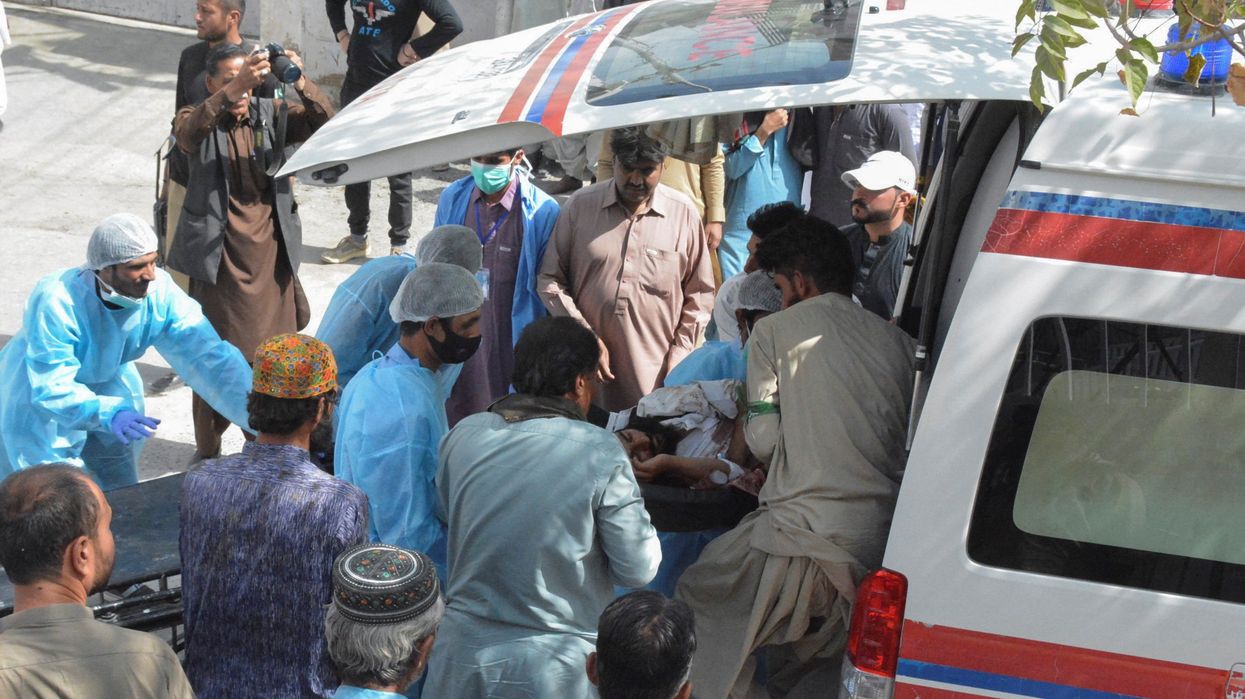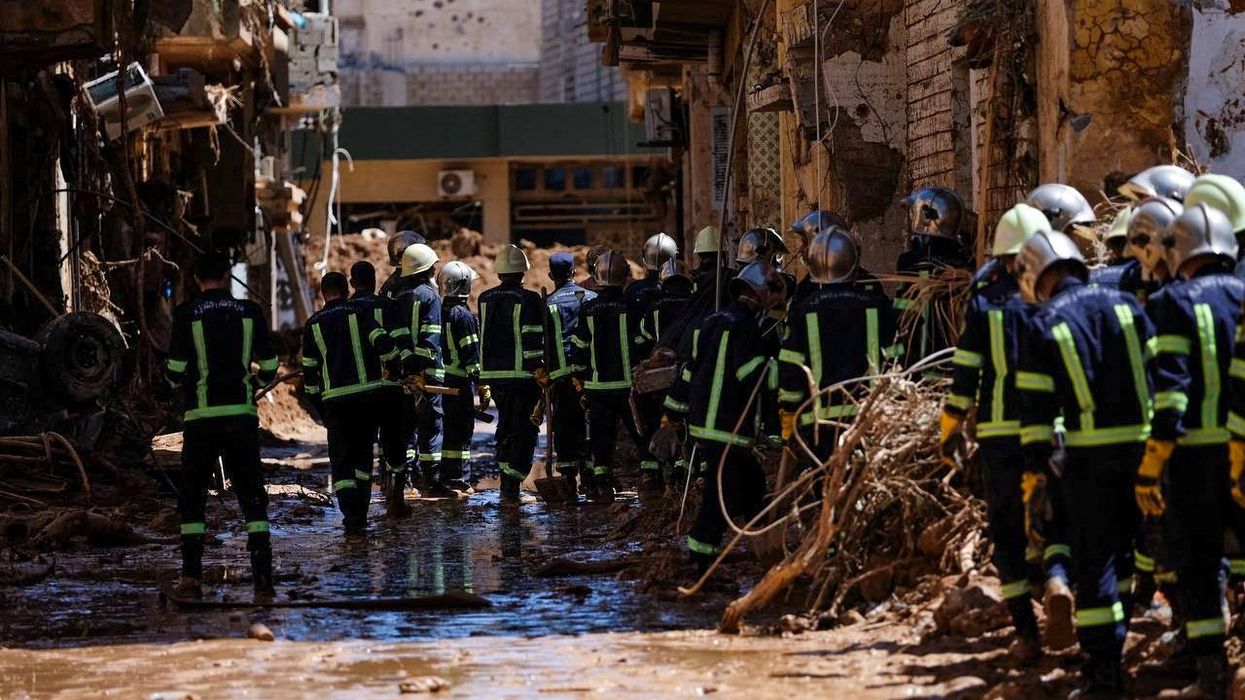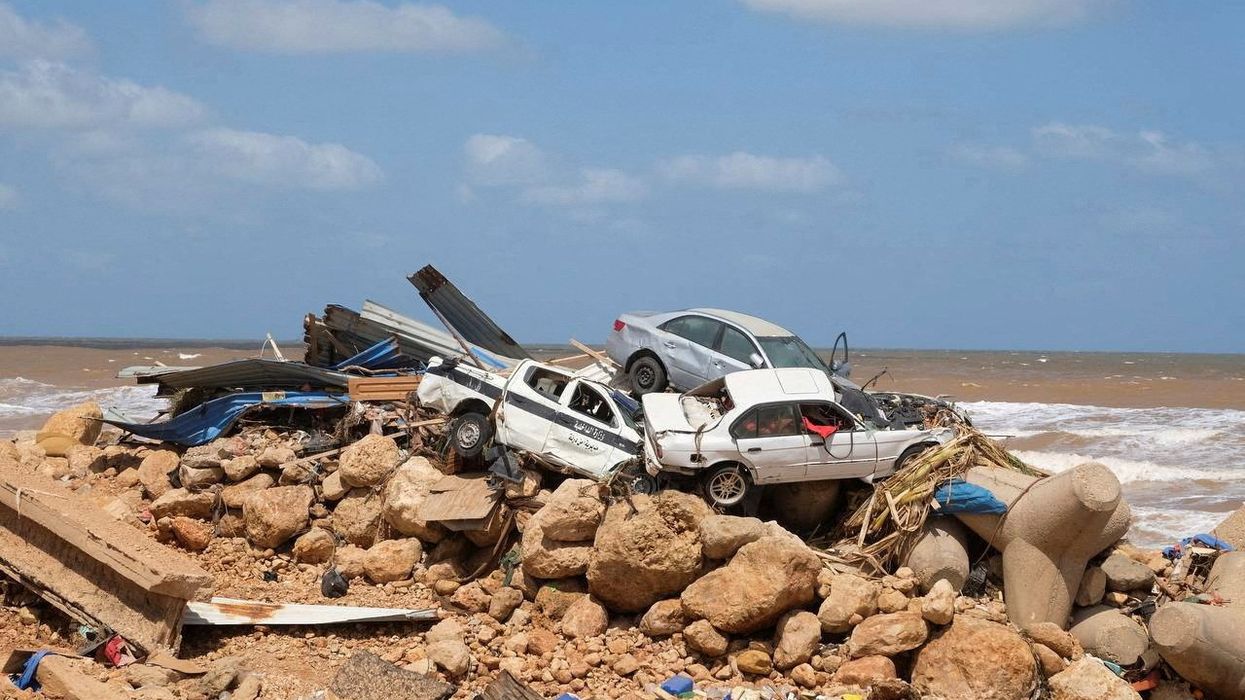Crisis Recovery
How to tackle global challenges: The IMF & World Bank blueprint
The International Monetary Fund and World Bank’s Spring Meetings in Washington have told a tale of two economies: In the developed world, inflation is falling, and recession looks unlikely. But many of the world’s poorest countries are struggling under tremendous debt burdens inflated by rising interest rates that threaten to undo decades of development progress. That means these key lenders of last resort have their work cut out for them. But according to GZERO Senior Writer Matthew Kendrick, there's a proven model.
Apr 18, 2024
